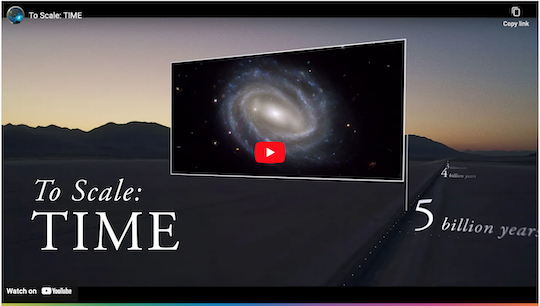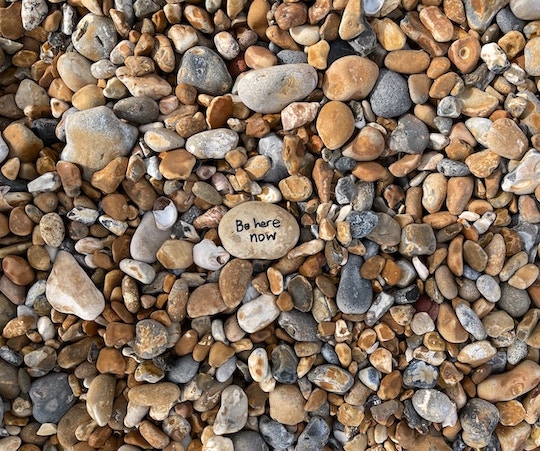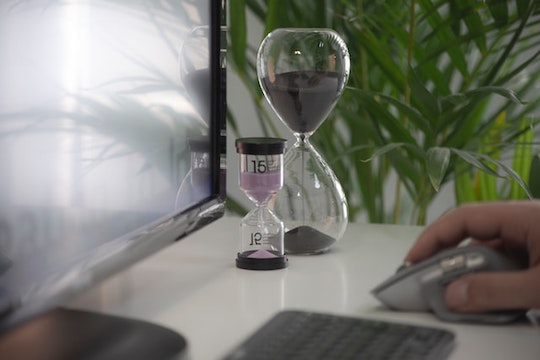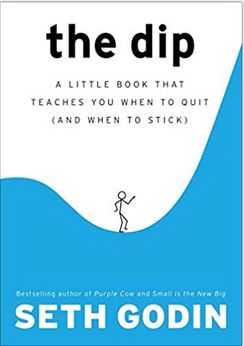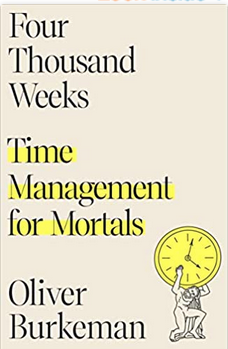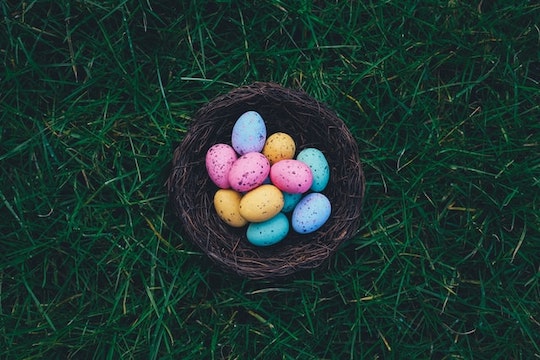“In this short life that only lasts an hour, how much-how-little is within our power?”
—Emily Dickenson, 19th Century American Poet
I often read the blog The Kids Should See This in hopes of finding fascinating items to share with my daughter and our two grandchildren. A few weeks ago, I watched a video to help visualize man’s role on earth compared to the age of the universe. Here are some things I learned:
- Our universe is estimated to be about 13.8 billion years old.
- Our solar system is estimated to be about 4.5 billion years old.
- The earliest forms of life on Earth appeared 3.7 billion years ago.
- 550,000 to 750,000 years ago was the beginning of homo sapiens lineage.
- 100,000 to 210,000 years ago we see fossils of homo sapiens living outside of Africa.
- 15,000 to 40,000 years ago genetics and fossils show homo sapiens became the only surviving human species.
EXERCISE:
Do a bit of math to calculate the time each generation—including our own—has to spend on our beautiful blue world. How will you use your power to make sure many more future generations can continue doing this exercise?
Check out this to scale/time video that visualizes 13.8 billion years—It’s definitely worth 10 minutes of your time!

